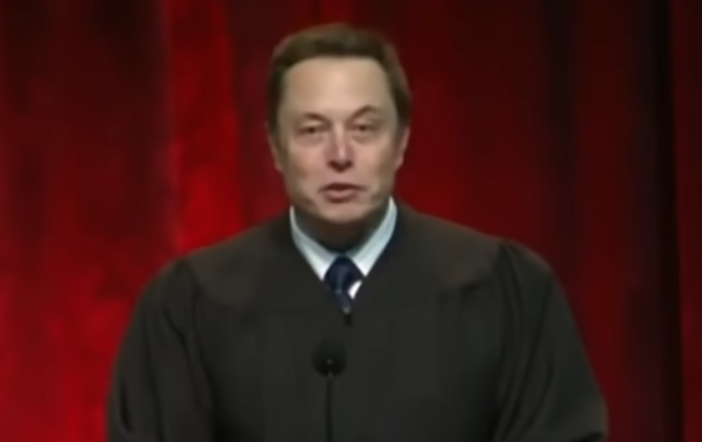SAN FRANCISCO – In a bold proclamation, Elon Musk, the visionary entrepreneur behind companies like SpaceX and Tesla, has foreseen a future where superhuman artificial intelligence (AI) surpasses human intellect. During a live-streamed interview on his social network X, Musk shared his prediction: “My guess is that we’ll have AI that is smarter than any one human, probably around the end of next year.”
The Evolution of Musk’s AI Predictions
This latest forecast represents a significant tightening of his earlier claim. Previously, Musk had asserted that superintelligent AI—defined as being smarter than every human’s combined ability at any task—would emerge by 2029. Now, he suggests that “superhuman” AI, which is generally defined as being smarter than any individual human at any specific task, could arrive much sooner. He has now significantly revised this period. Musk expects this to happen by 2025 at the latest.
However, Musk’s optimism comes with a caveat. He acknowledges that the sector’s rapid evolution faces challenges. Shortages of training chips and growing demand for power could potentially limit the capabilities of these advanced AIs in the near term.
The Power Struggle
Musk’s concern about the energy supply is not unfounded. Just last year, the industry grappled with chip constraints—people couldn’t get enough Nvidia chips. Now, the focus is shifting to voltage transformer supply, and in a year or two, it’s expected to be all about electricity supply.
In 2023, Musk expressed his worries about the ramifications of superintelligence. During the launch of his AI startup, xAI, he candidly stated, “If I could press pause on AI or advanced AI digital superintelligence, I would. It doesn’t seem like that is realistic, so xAI is essentially going to build an AI. In a good way, sort of, hopefully.”
The Chatbot Race
Fast-forward to today, and xAI is actively leading the charge in superintelligence development. In a recent interview, Musk revealed that the latest version of its chatbot, Grok AI, is on par with GPT-4, the leading model from OpenAI. While GPT-4 is more than a year old, competitors like Anthropic’s Claude 2 Sonnet have already surpassed its capabilities.
Musk’s predictions are famously bold, often straddling the line between audacity and reality. From autonomous Tesla drives across the country to SpaceX’s Mars missions, his track record is a mix of hits and misses. Yet, his unwavering commitment to pushing the boundaries of technology remains a driving force in the AI landscape.
As we approach the end of this year, the question lingers: Will superhuman AI indeed emerge, or will the power struggle delay its ascent? Only time—and perhaps a few more Muskian predictions—will tell. (zai)

